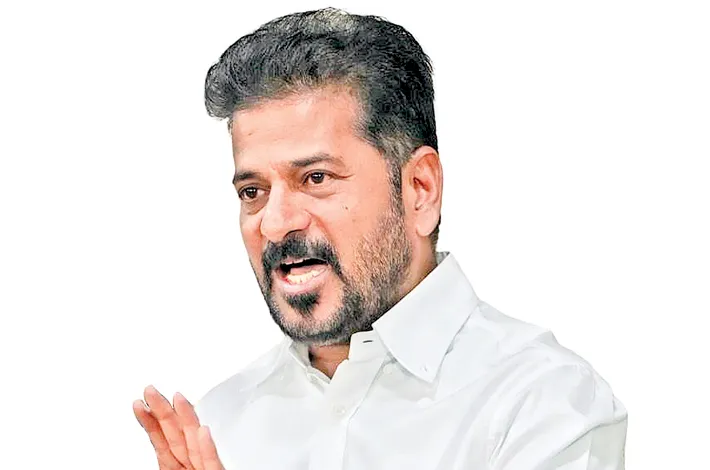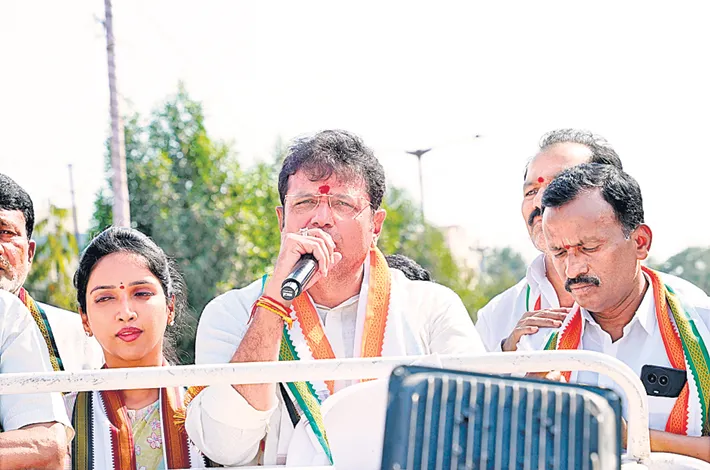The Song of Shalini
30-04-2025 12:00:00 AM

Love crept in quietly, like mist over the valleys. Arjun admired Shalini’s devotion to her students and her music, while she was captivated by his selflessness, his dream of bringing healing to those forgotten by the world. One evening, as they walked through the tea gardens, Arjun promised, “I’ll take you to Delhi someday. You’ll sing in a theater so grand, the whole city will fall silent to listen.”
In the misty hills of Darjeeling, where tea gardens stretched like emerald oceans, lived Shalini, a woman whose voice was said to carry the soul of the mountains. Her songs, rooted in the folk melodies of the Himalayas, were a nightly ritual at the village square, where locals and travelers gathered around a crackling bonfire. Shalini’s music wasn’t just sound—it was a bridge between hearts, a language that spoke of love, loss, and longing.
Shalini, with her warm brown eyes and a smile that rivaled the dawn, was the heart of her small community. She ran a modest music school for the village children, teaching them to weave stories into song. Yet, deep within, she harbored a dream: to perform her music on a stage grand enough to echo her ancestors’ tales across the world. But Darjeeling was her home, and the thought of leaving felt like betraying the hills that raised her.
One winter, as snow dusted the tea leaves, a stranger arrived in the village. Dr. Arjun Mehra, a surgeon from Delhi, had come to establish a free medical camp for the tea workers. With his quiet confidence and hands that healed with precision, he was a man of purpose. On his first evening, drawn by the sound of a haunting melody, he found himself at the village square. There, under a sky ablaze with stars, he saw Shalini—her voice rising like a prayer, her presence commanding the night. Arjun felt a pull, as if her song had tethered itself to his soul.
Arjun returned every night, not just for the music but for the woman who seemed to embody it. Shalini noticed him too—the man who sat at the edge of the crowd, his eyes reflecting the firelight and something deeper. Their first meeting was accidental, sparked when Arjun helped a child from her class who’d fallen ill. Gratitude led to conversation, and soon they were sharing stories over cups of steaming chai. Arjun spoke of Delhi’s chaos and its hidden beauty, while Shalini shared tales of the hills, her voice soft but alive with passion.
Love crept in quietly, like mist over the valleys. Arjun admired Shalini’s devotion to her students and her music, while she was captivated by his selflessness, his dream of bringing healing to those forgotten by the world. One evening, as they walked through the tea gardens, Arjun promised, “I’ll take you to Delhi someday. You’ll sing in a theater so grand, the whole city will fall silent to listen.”
Their love blossomed, and when Arjun proposed under a cedar tree, Shalini’s heart sang louder than her voice ever had. Their wedding was a celebration of song and laughter, with Shalini’s melodies weaving through the chilly air, binding their vows to the mountains.
But love, like a folk song, carries both joy and sorrow. Arjun’s medical camp grew, demanding his every moment. Shalini, now his wife, became his pillar—managing their home, organizing supplies for the camp, and tending to patients’ families. Her music, once her life’s breath, began to fade. The village square grew quiet, and her students missed the teacher whose songs had sparked their dreams. Shalini’s heart ached, but she buried her pain, believing her love for Arjun meant sacrificing her own.
One spring, a letter arrived from Delhi. A prestigious cultural festival had heard of Shalini’s talent through a traveler and invited her to perform. Arjun, proud but distracted, urged her to go. “This is your moment,” he said, unaware of the storm within her. Shalini wavered. Leaving meant abandoning Arjun, whose camp relied on her silent strength. Staying meant silencing the music that defined her.
That night, unable to sleep, Shalini climbed to a hilltop overlooking the village. She sang a folk song of a bird trapped in a cage of love, her voice trembling with unshed tears. Arjun, sensing her absence, followed the sound. For the first time, he saw her not as his wife but as Shalini—the woman whose music was her essence. Guilt washed over him as he realized the dreams she’d buried for his sake.
He approached her, his voice soft. “I’ve been blind, Shalini. Your music isn’t just yours—it’s a gift to us all. Go to Delhi. Sing. I’ll hold things here, and I’ll be there, in the audience, for you.”
Tears fell as Shalini embraced him, his words unlocking the cage around her heart. She traveled to Delhi, her nerves tempered by Arjun’s love. On the night of the festival, the auditorium glowed with anticipation. Arjun sat in the front, his eyes locked on her. When Shalini sang, her voice wove tales of the hills, of love and sacrifice, and the audience was entranced, their applause a roaring tide.
Back in Darjeeling, Shalini found harmony. She revived her music school, sang at the village square, and supported Arjun, who now championed her dreams as fiercely as she did his. Their love, forged through understanding, became a melody that resonated through the hills, a song of two souls who learned to sing together.








